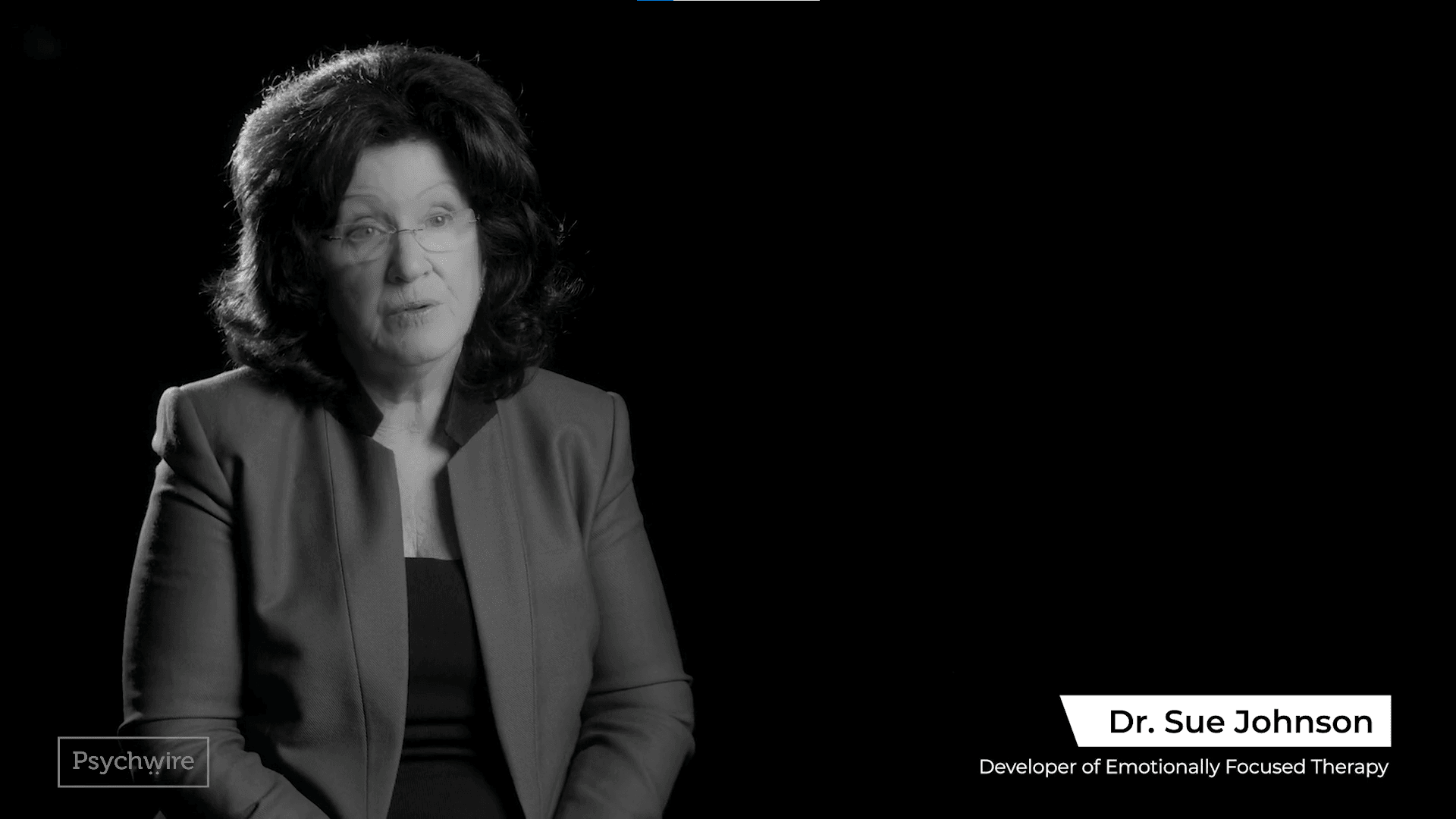
Emotions Aren't Irrational
 EFT: Attachment Science in Practice
EFT: Attachment Science in PracticeI think there are very, very good reasons why therapists in general have been more comfortable focusing on observer behavior, patterns of cognitions, or even now focusing on the neural pathways in the brain, than they have in dealing with emotions. If you don't understand emotion, how important it is, and you've never really been shown how to use emotion for change, how to prime emotion, how to go into somebody's longing, to prime them to a risk with their partner. Right? For example, if you've never done that, you've never seen it, emotion is chaotic, dangerous, strange, difficult stuff. Most of the time it's part of the problem. We don't see it as the therapist's friend.
We see it as either we're gonna say that it's irrelevant because we don't know what to do with it, or we see it as the enemy. The other reason why I think I think therapists don't think of emotions as their friend is because we have all these words in our culture associated with emotion. For example, one of the favorite ones is we say emotion is random and irrational. So I wish to state for the record that I have worked with a lot of people over the years, done a lot of studies, and trained a lot of therapists seen a lot of different kinds of people, and I've never met any rational emotion.
I don't know what you're talking If you go into emotion and slow it down and help the person order it, emotions are exquisitely rational. Emotion is a high-level, survival-orientated information processing system. I've never met an irrational emotion.